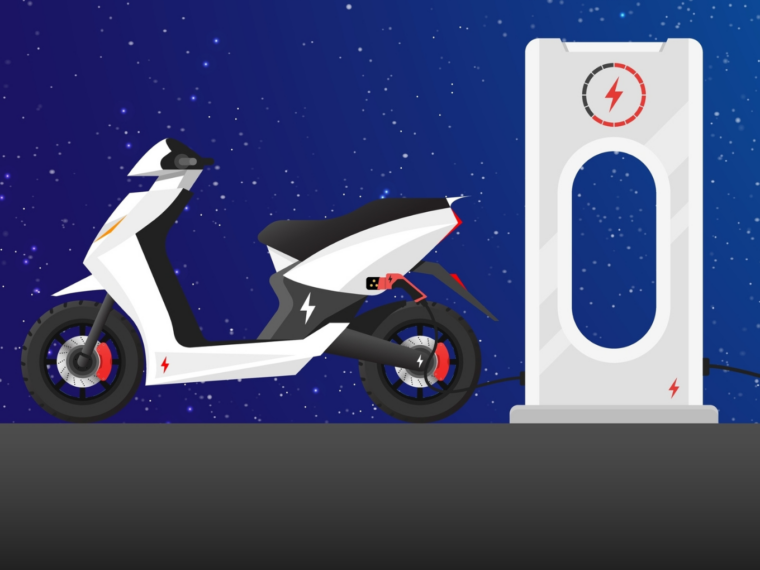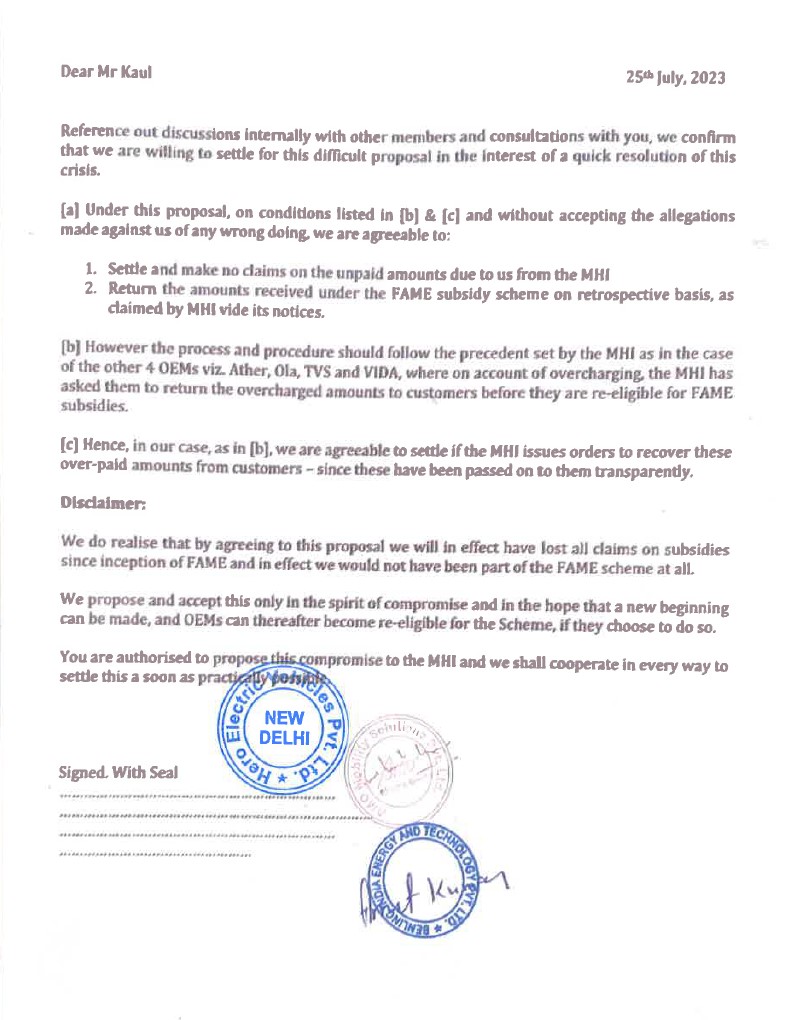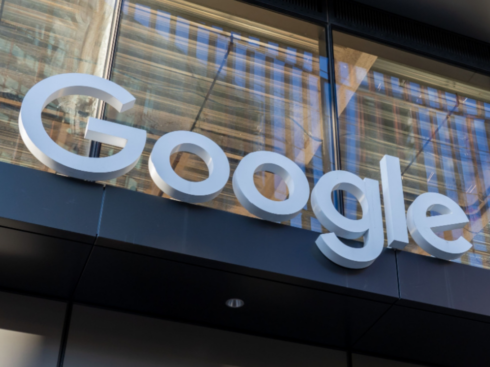
Proposing a ‘compromise’, the industry body wants the government to allow the companies to recover subsidies from the customers to whom the vehicles have already been sold
The proposal comes after repeated letters to the Indian government to take steps to save the afflicted OEMs that have been penalised for allegedly violating the FAME-II subsidy norms
The development also comes after several OEMs have been asked to return subsidies worth INR 469 Cr
In a bid to mitigate the impact on the electric two-wheeler manufacturers that have been penalised for alleged misappropriation of FAME-II subsidies, industry body Society of Manufacturers of Electric Vehicles (SMEV) has come up with a solution, which seems to be strange, to say the least.
Proposing a ‘compromise’ to pay back to the public exchequer, the industry body wants the government to allow the companies to recover subsidies from the customers to whom the vehicles have already been sold.
The latest, and seemingly impossible, proposal comes after repeated letters to the Indian government to take steps to save the afflicted original equipment manufacturers (OEMs) that have been penalised for taking the benefits of subsidies under the FAME-II scheme without adhering to the minimum localisation norms.
In a letter to the Ministry of Heavy Industries (MHI) on Friday (July 28), Sanjay Kaul, the chief evangelist of SMEV, said, “Considering that your department levied a penalty on some OEMs a few months ago for overcharging the customers and then asked them to return the amounts, it is possible that the monies you are currently demanding from the other set of OEMs for non-compliance, can be similarly recovered by them from the customers and returned to the Department.”
It is pertinent to note that there were two main problems that led to the entire FAME-II fiasco in the last few months. In the first case, which started in the second half of last year, at least 14 OEMs, including the likes of Okinawa Autotech, Hero Electric, Revolt, Ampere, and several others, were being probed for allegedly not abiding by the minimum localisation norms under FAME-II and claiming the incentives.
As a result, these OEMs also passed on crores of rupees to the customers as vehicle subsidies.
The second issue showed up earlier this year when four OEMs – Ola Electric, Ather Energy, TVS Motor, and Hero MotoCorp – came under the government’s scanner for keeping their vehicle prices artificially lower to claim FAME-II subsidies by charging customers separately for charger and software.
Subsequently, the MHI asked these companies to pay an aggregate amount of around INR 288 Cr to their customers, which they had overcharged.
Hence, SMEV has now drawn upon this incident to propose that if overcharged monies can be given back to the customers then overpaid monies can also be taken back, which would ultimately save OEMs.
“There is perfect equivalence: one has overcharged; the other has overpaid. I have had this looked at from the legal prism, and it seems to hold water. If a customer has received a discount over and above the correct price, it is incumbent on him or her to return the excess, even if the correction comes retrospectively,” said SMEV in a letter to the ministry.
“Since the MHI is suggesting that the subsidies passed on to customers by OEMs now stand cancelled – due to technical reasons decided by MHI Department subsequently – the customers who have taken such subsidies can be asked to return these to OEMs in all fairness,” the letter added.
The development also comes after several OEMs, caught in the deadlock of the first issue, have reportedly been asked to return subsidies worth INR 469 Cr.
Hero Electric is expected to pay back the highest amount of INR 133.48 Cr. Meanwhile, Ampere will have to pay back INR 124.91 Cr and Okinawa’s dues stand at INR 116.85 Cr.
SMEV had earlier written in its letter to NITI Aayog how the FAME scheme gave birth to a spurt in the premium EV bikes at the cost of commuter scooters, calling it an “elitist program”.
It goes without saying that premium segment scooters from Ola Electric, Ather Energy, and TVS Motor have continued to gain increased market share while the players like Hero Electric and Okinawa, who were among the top electric two-wheeler players in 2022, have seen a sharp decline.
“The OEMs are struggling to stay afloat; investors are wary; banks are withdrawing; employees are fleeing; debts are rising, and closures are the next imminent step,” SMEV had earlier said.
Besides, there is also a FAME-II subsidy due of INR 1,200 Cr that the government hasn’t reimbursed to the OEMs.
Speaking about its latest proposal, SMEV said that the task looks “daunting” but after analysis, it seems “it is merely a reversal of the kind you have already decreed in the earlier case”.
As per the latest letter to the MHI, OEMs have also shown a willingness to share customer data with the government to solve the matter. Else, they are willing to take out a public notice asking such customers to deposit back the excess rebates they had received as subsidy, under the department’s guidance.

Speaking to Inc42, Vinkesh Gulati, chairman research & academy, Federation of Automobile Dealers Associations (FADA), said that the government won’t agree to such a proposal as the responsibility of subsidies is on manufacturers and not customers.
“Why would the government go to collect it from customers? The subsidy is not as per the customer’s choice, it is as per how a manufacturer has made a vehicle,” he said.
Amid this ongoing tussle between the OEMs and the government, total electric vehicle sales have dropped sharply after May. After touching a record high of over 1 Lakh registrations in May, two-wheeler EV registrations in June fell to 45,977 units in June. So far in July, the number stands at 47,331 units, as per Vahan data.






























 Ad-lite browsing experience
Ad-lite browsing experience